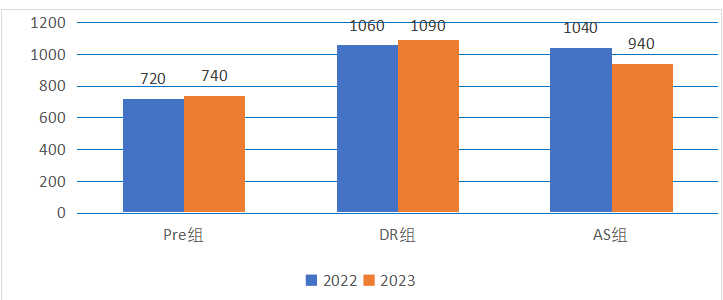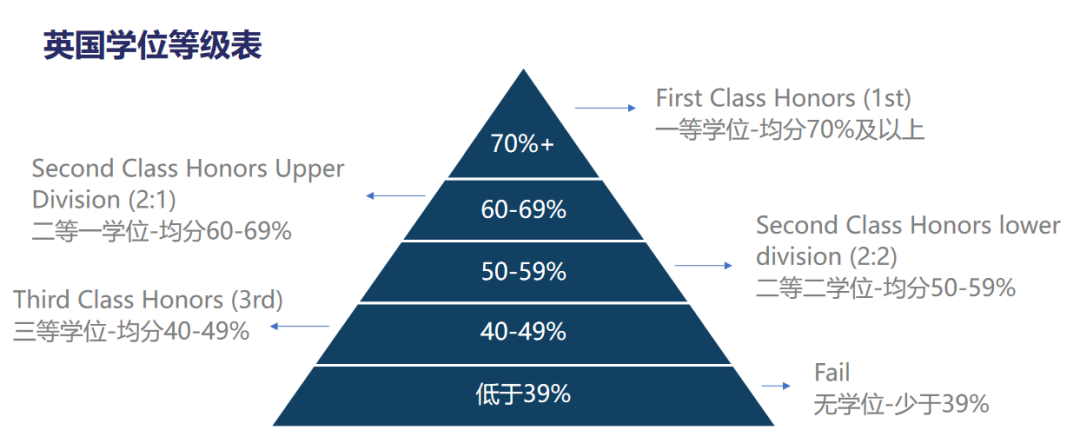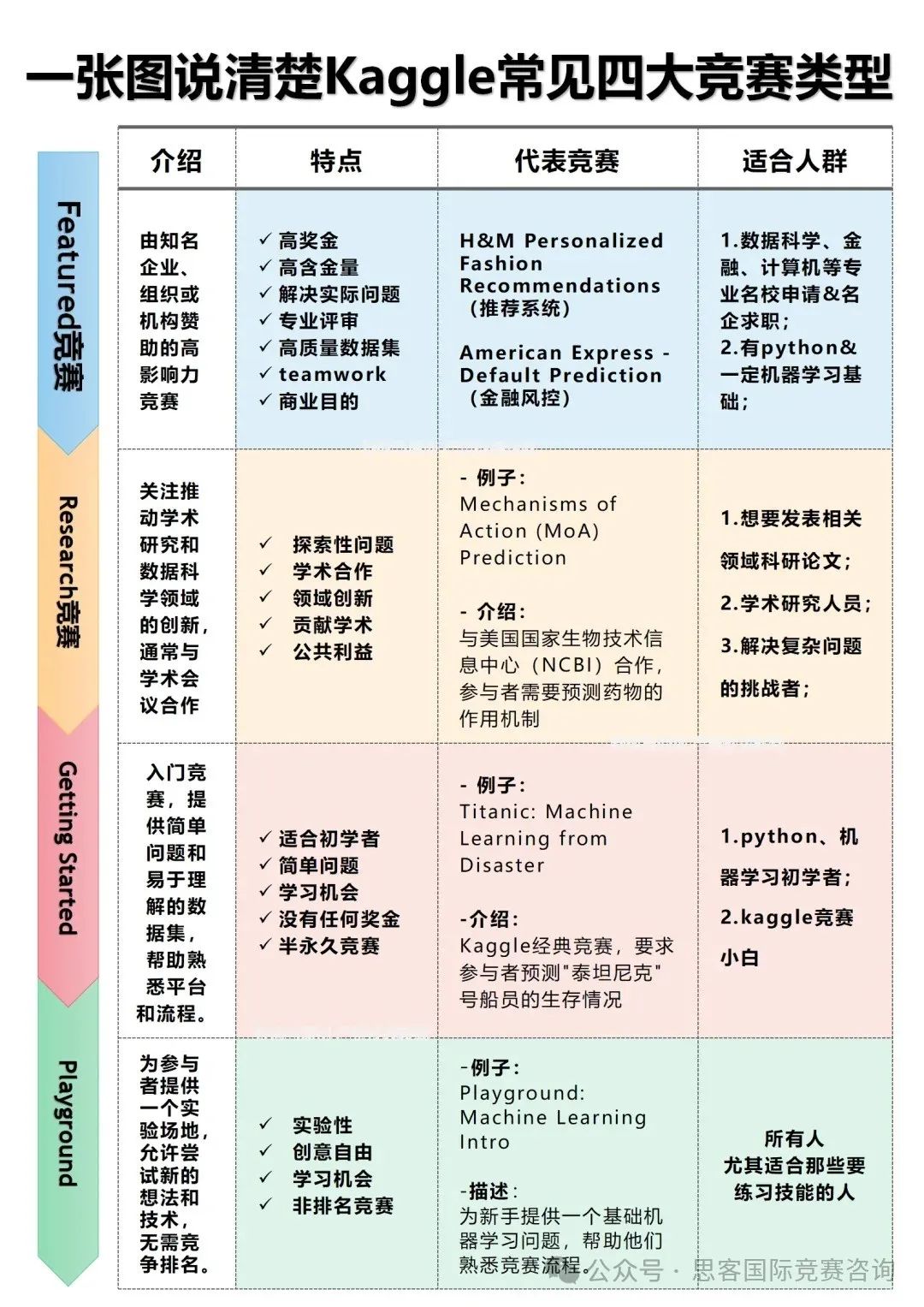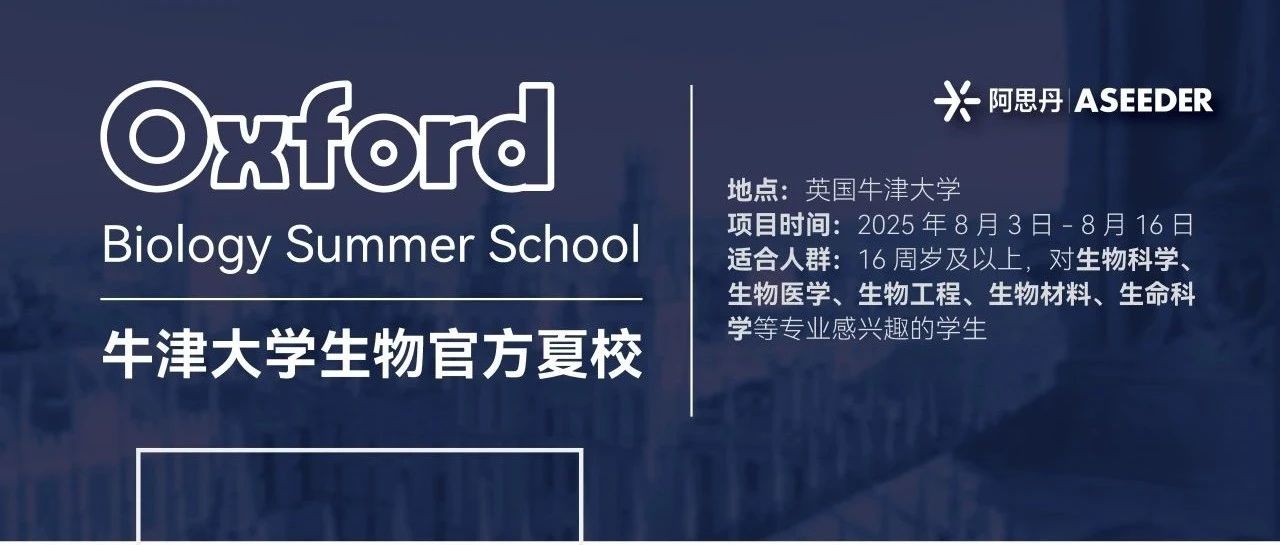有人说,芝加哥大学是一所有趣甚至“古怪”的大学,它的“古怪”或许就体现在这些补充文书身上。最近芝加哥大学更新了今年的补充文书的题目,内容大不相同,但还是熟悉的“烧脑配方”,还是熟悉的“中二味道”,对这种状态,芝大一直是极有自知之明的存在:“芝加哥大学长期以来一直以我们挑衅性的文书问题而闻名。” 官方吐槽,最为致命。
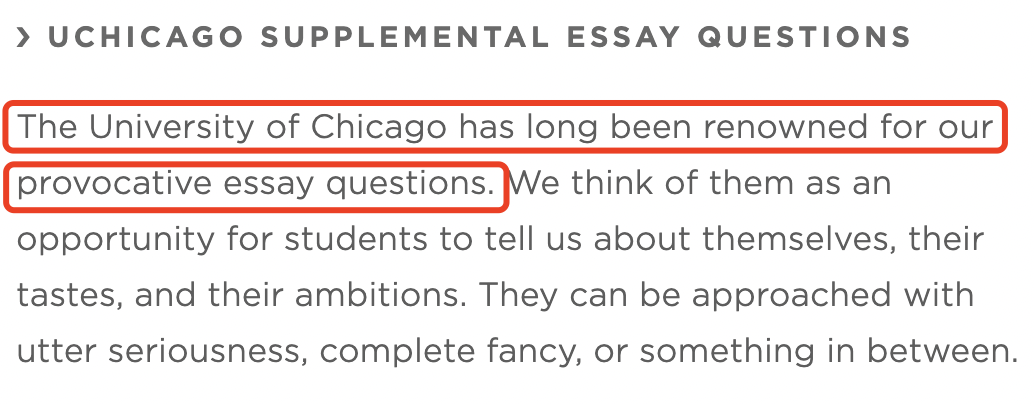
provocative 意思是 挑衅的,气人的。
许多人一路披荆斩棘,提高了GPA和托福成绩,做了大量的活动,结果到了写文书这里搞了心态。“烧脑”还是“中二”?让我们来看看今年的文书题目是怎样的?
2022-2023芝加哥大学补充文书
01问题一(必写)

翻译:就你现在所知,芝加哥大学如何满足你对学习氛围、社区和未来的期望?请具体说明你自己的愿望以及它们与芝加哥大学的关系。
解读:这个问题是芝加哥大学补充文书里的“老人儿”了,基本不会有太大改变的第一问。看似范围很大,但其实就是一个Why school的文书题目。
为什么想来芝大学习?
你的目标是否和芝大的教学是否匹配?
芝大能提供的资源如何能够在最大程度上帮助到你?
招生官不只是想看你的申请原因,他还想在你的文书中感受到更真实与更个性化的内容。重点是在你的学术兴趣如何与学校吻合,而不是生活方式上的吻合。
02问题二:拓展文书(必写,以下题目中选择一个)
选项1

翻译:Was it a cat I saw?(我看到的是一只猫吗?),Yo-no-na-ka, ho-ka-ho-ka na-no-yo(日语为“世界是一个温暖的地方”)。Może jutro ta dama da tortu jeżom(波兰语为“也许明天那位女士会给刺猬蛋糕”)。分享任意一种语言的回文结构的句子(即正读反渎都相同的句子),并给它一个背景故事。
选项2

翻译:智齿会有什么样的建议?
选项3 
翻译: 你正在探索火星上的殖民地,突然从附近的陨石坑中出现了一群火星人。他们似乎渴望交流,但他们是那种不耐烦的人,要求你用一首歌、一张图片、一个记忆、一张证明或其他想法来代表人类。你与他们分享了什么来表明人类值得他们花时间去了解?
选项4

翻译: 芝加哥大学有90多名诺贝尔奖获得者。但是,为什么经济学奖、物理学奖和和平奖应该获得所有荣耀呢?您的任务是为诺贝尔奖创建一个新类别,解释它是什么,为什么选择这个特定类别,以及获得这个奖项要达到的标准。
选项5

翻译:成吉思汗驾驶 F1 赛车。乔治华盛顿与 SuperSoaker玩具水枪。尼禄皇帝拿着烤面包机。达芬奇带着菲比精灵。如果你可以给任意一个历史人物任何技术,你会选谁和选什么技术?你为什么觉得Ta和这项技术能匹配?
选项6

翻译:还有,一如既往经典的冒险选择!本着冒险探究的精神,从过去的题目中选择一个(或创建你自己的题目)。要是原创的、有创意的、发人深省的,并发挥你作为作家、思想家、有远见者、社会批评家、圣人、世界公民或芝加哥大学未来一员的最佳特质;冒一点险,玩得开心!
一些之前的经典问题:
Some classic questions from previous years…
Due to a series of clerical errors, there is exactly one typo (an extra letter, a removed letter, or an altered letter) in the name of every department at the University of Chicago. Oops! Describe your new intended major. Why are you interested in it and what courses or areas of focus within it might you want to explore? Potential options include Commuter Science, Bromance Languages and Literatures, Pundamentals: Issues and Texts, Ant History... a full list of unmodified majors ready for your editor’s eye is available here.
—Inspired by Josh Kaufman, AB'18
Who does Sally sell her seashells to? How much wood can a woodchuck really chuck if a woodchuck could chuck wood? Pick a favorite tongue twister (either originally in English or translated from another language) and consider a resolution to its conundrum using the method of your choice. Math, philosophy, linguistics... it's all up to you (or your woodchuck).
—Inspired by Blessing Nnate, Class of 2024
What can actually be divided by zero?
—Inspired by Mai Vu, Class of 2024
The seven liberal arts in antiquity consisted of the Quadrivium — astronomy, mathematics, geometry, and music — and the Trivium — rhetoric, grammar, and logic. Describe your own take on the Quadrivium or the Trivium. What do you think is essential for everyone to know?
—Inspired by Peter Wang, Class of 2022
Subway maps, evolutionary trees, Lewis diagrams. Each of these schematics tells the relationships and stories of their component parts. Reimagine a map, diagram, or chart. If your work is largely or exclusively visual, please include a cartographer's key of at least 300 words to help us best understand your creation.
—Inspired by Maximilian Site, Class of 2020
"Do you feel lucky? Well, do ya, punk?" - Eleanor Roosevelt. Misattribute a famous quote and explore the implications of doing so.
—Inspired by Chris Davey, AB’13
Engineer George de Mestral got frustrated with burrs stuck to his dog’s fur and applied the same mechanic to create Velcro. Scientist Percy Lebaron Spencer found a melted chocolate bar in his magnetron lab and discovered microwave cooking. Dye-works owner Jean Baptiste Jolly found his tablecloth clean after a kerosene lamp was knocked over on it, consequently shaping the future of dry cleaning. Describe a creative or interesting solution, and then find the problem that it solves.
—Inspired by Steve Berkowitz, AB’19, and Neeharika Venuturupalli, Class of 2024
Joan of Arkansas. Queen Elizabeth Cady Stanton. Babe Ruth Bader Ginsburg. Mash up a historical figure with a new time period, environment, location, or occupation, and tell us their story.
—Inspired by Drew Donaldson, AB’16
Alice falls down the rabbit hole. Milo drives through the tollbooth. Dorothy is swept up in the tornado. Neo takes the red pill. Don’t tell us about another world you’ve imagined, heard about, or created. Rather, tell us about its portal. Sure, some people think of the University of Chicago as a portal to their future, but please choose another portal to write about.
—Inspired by Raphael Hallerman, Class of 2020
What’s so odd about odd numbers?
—Inspired by Mario Rosasco, AB’09
Vestigiality refers to genetically determined structures or attributes that have apparently lost most or all of their ancestral function, but have been retained during the process of evolution. In humans, for instance, the appendix is thought to be a vestigial structure. Describe something vestigial (real or imagined) and provide an explanation for its existence.
—Inspired by Tiffany Kim, Class of 2020
In French, there is no difference between “conscience” and “consciousness.” In Japanese, there is a word that specifically refers to the splittable wooden chopsticks you get at restaurants. The German word “fremdschämen” encapsulates the feeling you get when you’re embarrassed on behalf of someone else. All of these require explanation in order to properly communicate their meaning, and are, to varying degrees, untranslatable. Choose a word, tell us what it means, and then explain why it cannot (or should not) be translated from its original language.
—Inspired by Emily Driscoll, Class of 2018
Little pigs, French hens, a family of bears. Blind mice, musketeers, the Fates. Parts of an atom, laws of thought, a guideline for composition. Omne trium perfectum? Create your own group of threes, and describe why and how they fit together.
—Inspired by Zilin Cui, Class of 2018
The mantis shrimp can perceive both polarized light and multispectral images; they have the most complex eyes in the animal kingdom. Human eyes have color receptors for three colors (red, green, and blue); the mantis shrimp has receptors for sixteen types of color, enabling them to see a spectrum far beyond the capacity of the human brain. Seriously, how cool is the mantis shrimp: mantisshrimp.uchicago.edu What might they be able to see that we cannot? What are we missing?
—Inspired by Tess Moran, AB’16
How are apples and oranges supposed to be compared? Possible answers involve, but are not limited to, statistics, chemistry, physics, linguistics, and philosophy.
—Inspired by Florence Chan, AB’15
The ball is in your court—a penny for your thoughts, but say it, don’t spray it. So long as you don’t bite off more than you can chew, beat around the bush, or cut corners, writing this essay should be a piece of cake. Create your own idiom, and tell us its origin—you know, the whole nine yards. PS: A picture is worth a thousand words.
—Inspired by April Bell, AB'17, and Maya Shaked, Class of 2018 (It takes two to tango.)
“A man cannot be too careful in the choice of his enemies.” –Oscar Wilde. Othello and Iago. Dorothy and the Wicked Witch. Autobots and Decepticons. History and art are full of heroes and their enemies. Tell us about the relationship between you and your arch-nemesis (either real or imagined).
—Inspired by Martin Krzywy, AB’16
Heisenberg claims that you cannot know both the position and momentum of an electron with total certainty. Choose two other concepts that cannot be known simultaneously and discuss the implications. (Do not consider yourself limited to the field of physics).
—Inspired by Doran Bennett, AB’07
Susan Sontag, AB’51, wrote that “[s]ilence remains, inescapably, a form of speech.” Write about an issue or a situation when you remained silent, and explain how silence may speak in ways that you did or did not intend. The Aesthetics of Silence, 1967.
—Anonymous Suggestion
“…I [was] eager to escape backward again, to be off to invent a past for the present.” —The Rose Rabbi by Daniel Stern
Present: pres·ent
1. Something that is offered, presented, or given as a gift.
Let’s stick with this definition. Unusual presents, accidental presents, metaphorical presents, re-gifted presents, etc.—pick any present you have ever received and invent a past for it.
—Inspired by Jennifer Qin, AB’16
So where is Waldo, really?
—Inspired by Robin Ye, AB’16
Find x.
—Inspired by Benjamin Nuzzo, an admitted student from Eton College, UK
Dog and Cat. Coffee and Tea. Great Gatsby and Catcher in the Rye. Everyone knows there are two types of people in the world. What are they?
—Inspired by an anonymous alumna, AB'06
How did you get caught? (Or not caught, as the case may be.)
—Inspired by Kelly Kennedy, AB’10
Chicago author Nelson Algren said, “A writer does well if in his whole life he can tell the story of one street.” Chicagoans, but not just Chicagoans, have always found something instructive, and pleasing, and profound in the stories of their block, of Main Street, of Highway 61, of a farm lane, of the Celestial Highway. Tell us the story of a street, path, road—real or imagined or metaphorical.
—Anonymous Suggestion
UChicago professor W. J. T. Mitchell entitled his 2005 book What Do Pictures Want? Describe a picture, and explore what it wants.
—Inspired by Anna Andel
“Don’t play what’s there, play what’s not there.“—Miles Davis (1926–91)
—Inspired by Jack Reeves
University of Chicago alumna and renowned author/critic Susan Sontag said, “The only interesting answers are those that destroy the questions.” We all have heard serious questions, absurd questions, and seriously absurd questions, some of which cannot be answered without obliterating the very question. Destroy a question with your answer.
—Inspired by Aleksandra Ciric
“Mind that does not stick.”
—Zen Master Shoitsu (1202–80)
Superstring theory has revolutionized speculation about the physical world by suggesting that strings play a pivotal role in the universe. Strings, however, always have explained or enriched our lives, from Theseus’s escape route from the Labyrinth, to kittens playing with balls of yarn, to the single hair that held the sword above Damocles, to the Old Norse tradition that one’s life is a thread woven into a tapestry of fate, to the beautiful sounds of the finely tuned string of a violin, to the children’s game of cat’s cradle, to the concept of stringing someone along. Use the power of string to explain the biggest or the smallest phenomenon.
—Inspired by Adam Sobolweski
Have you ever walked through the aisles of a warehouse store like Costco or Sam’s Club and wondered who would buy a jar of mustard a foot and a half tall? We’ve bought it, but it didn’t stop us from wondering about other things, like absurd eating contests, impulse buys, excess, unimagined uses for mustard, storage, preservatives, notions of bigness…and dozens of other ideas both silly and serious. Write an essay somehow inspired by super-huge mustard.
—Inspired by Katherine Gold
People often think of language as a connector, something that brings people together by helping them share experiences, feelings, ideas, etc. We, however, are interested in how language sets people apart. Start with the peculiarities of your own personal language—the voice you use when speaking most intimately to yourself, the vocabulary that spills out when you’re startled, or special phrases and gestures that no one else seems to use or even understand—and tell us how your language makes you unique. You may want to think about subtle riffs or idiosyncrasies based on cadence, rhythm, rhyme, or (mis)pronunciation.
—Inspired by Kimberly Traube
In 2015, the city of Melbourne, Australia created a "tree-mail" service, in which all of the trees in the city received an email address so that residents could report any tree-related issues. As an unexpected result, people began to email their favorite trees sweet and occasionally humorous letters. Imagine this has been expanded to any object (tree or otherwise) in the world, and share with us the letter you’d send to your favorite.
-Inspired by Hannah Lu, Class of 2020
You’re on a voyage in the thirteenth century, sailing across the tempestuous seas. What if, suddenly, you fell off the edge of the Earth?
-Inspired by Chandani Latey, AB'93
The word floccinaucinihilipilification is the act or habit of describing or regarding something as unimportant or of having no value. It originated in the mid-18th century from the Latin words "floccus," "naucum," "nihilum," and "pilus"—all words meaning “of little use.” Coin your own word using parts from any language you choose, tell us its meaning, and describe the plausible (if only to you) scenarios in which it would be most appropriately used.
-Inspired by Ben Zhang, Class of 2022
Lost your keys? Alohomora. Noisy roommate? Quietus. Feel the need to shatter windows for some reason? Finestra. Create your own spell, charm, jinx, or other means for magical mayhem. How is it enacted? Is there an incantation? Does it involve a potion or other magical object? If so, what's in it or what is it? What does it do?
-Inspired by Emma Sorkin, Class of 2021
Imagine you’ve struck a deal with the Dean of Admissions himself, Dean Nondorf. It goes as follows: you’re guaranteed admission to the University of Chicago regardless of any circumstances that arise. This bond is grounded on the condition that you’ll obtain a blank, 8.5 x 11 piece of paper, and draw, write, sketch, shade, stencil, paint etc., anything and everything you want on it; your only limitations will be the boundaries of both sides on the single page. Now the catch… your submission, for the rest of your life, will always be the first thing anyone you meet for the first time will see. Whether it’s at a job interview, a blind date, arrival at your first Humanities class, before you even say, “hey,” they’ll already have seen your page, and formulated that first impression. Show us your page. What’s on it, and why? If your piece is largely or exclusively visual, please make sure to share a creator's accompanying statement of at least 300 words, which we will happily allow to be on its own, separate page.
PS: This is a creative thought experiment, and selecting this essay prompt does not guarantee your admission to UChicago.
-Inspired by Amandeep Singh Ahluwalia, Class of 2022
Cats have nine lives, Pac-Man has three lives, and radioactive isotopes have half-lives. How many lives does something else—conceptual or actual—have, and why?
-Inspired by Kendrick Shin, Class of 2019
If there’s a limited amount of matter in the universe, how can Olive Garden (along with other restaurants and their concepts of food infinity) offer truly unlimited soup, salad, and breadsticks? Explain this using any method of analysis you wish—physics, biology, economics, history, theology… the options, as you can tell, are endless.
-Inspired by Yoonseo Lee, Class of 2023
A hot dog might be a sandwich, and cereal might be a soup, but is a ______ a ______?
-Inspired by Arya Muralidharan, Class of 2021 (and dozens of others who, this year and in past years, have submitted the question “Is a hot dog a sandwich,” to which we reply, “maybe”)
“Fiction reveals truth that reality obscures.” – Jessamyn West
-Inspired by Elizabeth Mansfield, Class of 2020
以上便是今年芝加哥大学的补充文书题目。我们可以看出,虽然芝大每年的文书题目千变万化,但招生人员想要看到的,还是充满新意与创造性的内容。在阅读这些题目的时候,记下一些瞬间迸发的灵感和直觉,有时候会有助于你应对一些具体又古怪的题目。那么有没有一些策略可以来应对这些题目呢?
03应对策略
以下是几个关键的策略,大家可以借鉴:
1、非常规的主题通常需要非常规的风格
芝加哥大学的文书属于一种创意性的写作,而不是枯燥分析的议论文。也就是说,在有一个明确主题或重点的情况下,你可以打乱常规文章的节奏,把文字写的更形象生动会更加吸引招生官。你可以在你的文章中加入一些鲜为人知的术语,或者另一种语言的句子,把它们解释清楚,融入到你的文章中。
2、展现你的学术形象
文书的重点主要还是向招生官介绍你自己,尤其是向他们展现你将如何在学术环境中表现、贡献的形象。芝加哥大学招生不想要一个只会说“我爱物理”的学生;他们想要一个“我非常喜欢物理,以至于我熬夜到凌晨 4 点阅读卡尔·萨根的《宇宙》,我用肉丸向我的朋友们图解木星的卫星,我学了多元微积分,因为我打算学习机械并专注于航空航天材料的工程。” 这样的学生。不但要表明你爱,还要说清楚你为什么爱,怎么爱。
3、不要害怕以自我为中心
你文书的主题是向招生官介绍你的途径,而这篇文章的主角一定是你自己,所以不要害怕文章看起来以自我为中心,用第一人称去描述过去发生的事物是如何塑造你的个性,以及你的兴趣是如何对你产生影响的。
好了,今天的分享就到这里啦。








